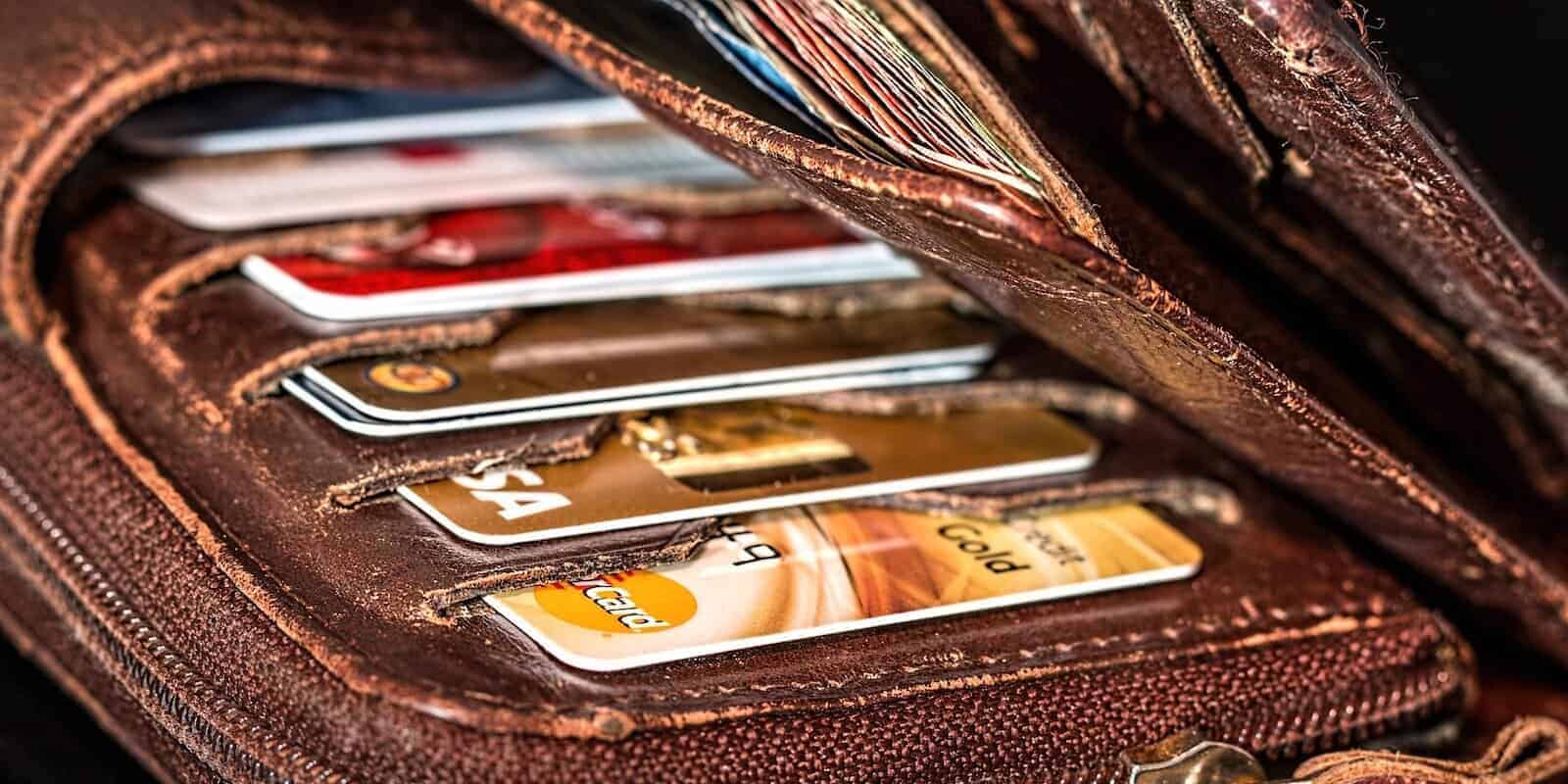
Many of us have faced the dilemma of trying to establish credit when you have none. And while it may seem like an overwhelming prospect, there several realistic ways to build credit with credit cards.
If you lack a credit history or have unscorable, insufficient or stale credit files, you’re not alone. In fact, you’re among 26 million Americans who are credit invisible.
A recent study by the Consumer Financial Protection Bureau (CFPB) found that a large portion of Americans lack any type of credit history. Being credit invisible can affect your ability to gain employment, rent an apartment and obtain a cell phone. It can even cause difficulty with accessing utilities without a deposit.
Looking to establish or build credit? Here are four ways to build credit with credit cards:
1. Sign up for a low-limit credit card with overdraft protection
“If you’re trying to build credit, one of the best options when you’re first starting out is to sign up for a low-limit credit card from your bank or credit union,” says John Reiter, an underwriter at South Carolina State Credit Union.
Reiter says, “Your financial institution is likely to give you preference for a line of credit and other products because they want to build on the relationship they’ve already cultivated with you.”
Financial institutions know you have to start your credit life somewhere, so they offer an array of credit solutions to fit your credit profile.
In addition, certain banks offer overdraft protection that’s reported as a line of credit or revolving credit. Credit bureaus view overdraft protection as being equal to a credit card when calculating your score. If you usually keep a low balance in your checking account, signing up for overdraft protection may be worth it.
2. Pick up a secured card
A secured credit card is a good option when you’re trying to build a credit history. When you apply for a secured card, you generally need to put down a deposit, which then acts as your credit limit. Your deposit is eventually refunded, but you still need cash on hand to apply. For example, if you put $300 in the account, you can charge up to $300.
In order to build credit, make certain the card issuer reports to the credit bureaus. Using a secured card can help you improve your credit score, but only if the issuer reports your account activity.
3. Use store credit cards
Unlike typical credit cards, store cards are usually easier to get approved for, and you may qualify for one, even with no credit history. That makes them attractive to consumers who are looking to build and improve their credit.
Keep in mind that most store cards can only be used for purchases at a specific retailer or department store. And the interest rates on these cards are usually high, so paying off the balance in full and on time each month is vital in establishing a good payment history and boosting your credit.
4. Become an authorized user on someone else’s card
While it’s certainly not a substitute for building up your own credit history, becoming an authorized user on a credit card means you can use someone else’s credit card while not being the primary account holder.
Be aware that not all issuers report authorized users’ activity to credit bureaus.
And you’ll want to make sure the primary account holder has a good record of making on time payments. Otherwise, it could have a negative impact at your attempt to build good credit.
Eventually, you’ll want to consider opening your own credit card as it will have a bigger impact on your credit score — helping you build your credit history faster.
“While you can build good credit in 6 months by making on-time payments and keeping your credit utilization in check, graduating to bigger lines of credit, like auto loans and mortgages, can take 20-24 months,” says Reiter.
Rules for building excellent credit
Proper management of credit takes time and patience. Use these guidelines to build an excellent credit history and score:
- Pay back your credit card and loan balances on time.
- Keep your balances low. Credit Utilization (your balance compared to your limit) plays a role in your score. Experts recommend keeping it below 30%.
- Avoid opening several accounts at one time. If you don’t have a long credit history, new accounts can lower your average account age, which can negatively impact your score.
- Make sure you to keep your oldest account open. The older the account, the longer your history – which is a positive for your credit score.
- Check your credit reports annually to make sure there are no errors. You can review your three credit reports from Experian, Equifax and TransUnion for free at annualcreditreport.com.
